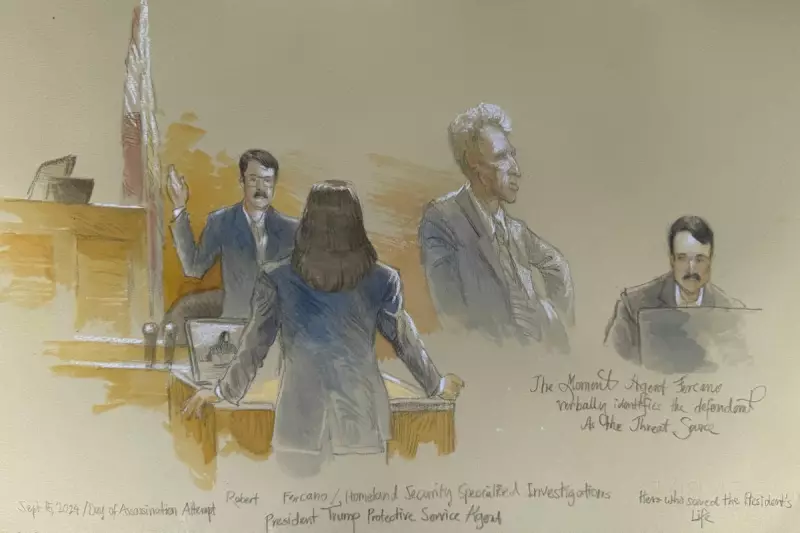
In an extraordinary escalation of legal proceedings, FBI agents conducted a court-approved search of Donald Trump's palatial Mar-a-Lago residence in West Palm Beach, Florida. The operation, authorised by US Magistrate Judge Bruce Reinhart, centred on the alleged mishandling of classified presidential records.
The former president confirmed the raid himself, characterising it as an unannounced "siege" of his home by a large group of agents. He claimed his attorneys and representatives were cooperating fully with authorities when the search was executed.
Unprecedented Legal Action
This event marks a historic moment in American jurisprudence, being the first known instance of federal authorities executing a search warrant on the home of a former president. The investigation focuses on whether Mr. Trump violated the Presidential Records Act by removing sensitive government documents from the White House upon his departure.
According to sources familiar with the investigation, the FBI removed several boxes of material from the premises, including highly classified documents. The search warrant specifically authorised the seizure of presidential records and any classified materials improperly stored at the property.
Political Firestorm Erupts
The operation has ignited a political firestorm, with Trump's allies condemning the action as a weaponisation of the Justice Department. Republican leaders have called for immediate hearings and investigations into what they describe as an abuse of power.
Attorney General Merrick Garland and the Justice Department have faced intense scrutiny over the decision to approve the search warrant. The department has remained largely silent on the matter, citing the ongoing nature of the investigation.
Judge Aileen Cannon's Controversial Role
The case has taken several dramatic turns in Florida's Southern District court. Judge Aileen Cannon, a Trump appointee, initially granted the former president's request for a special master to review the seized materials—a decision that temporarily halted the FBI's review of the documents.
However, a unanimous appeals court panel later overturned Judge Cannon's ruling, allowing investigators to resume their examination of the classified materials. The appellate court strongly criticised the special master order, stating "the execution of a search warrant does not give rise to a former president's assertion of executive privilege."
The legal battle continues to unfold, with potential implications for how presidential power and accountability are understood in the United States.






